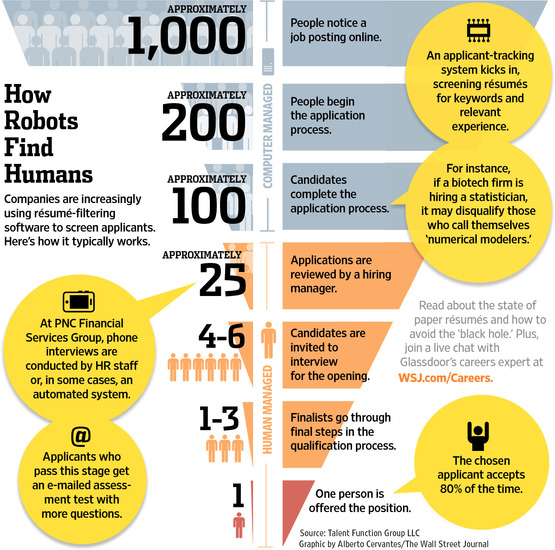Because no matter where you are in your career, but most especially if you are just starting out, or (god forbid) a grad student, you are, as an academic, insecure, verbose, defensive, paranoid, beset by feelings of inadequacy, pretentious, self-involved, communicatively challenged, and fixated on minutiae.
Consequently, here’s how you act in interviews: rambling, obscure, petrified, subservient, cringing, disorganized, braggy, tedious, emotionally over-amped, off-point, self-absorbed, defensive, and fixated on minutiae.
I'm sure the comment stream will erupt with objections, but … I’ve worked with enough interviewees — as a search committee member, Ph.D. adviser, and coach and consultant — to know whereof I speak.
Sorry, academics. You/we suck at interviewing.
Here's what actually needs to happen.
You have to jettison "yourself."
In its stead, you have to create a professional persona. That persona is a full-fledged adult who demonstrates a tightly organized research program, a calm confidence in a research contribution to a field or discipline, a clear and specific trajectory of publications, innovative but concise, non-emotional ideas about teaching at all levels of the curriculum, a non-defensive openness to the exchange of ideas, and most importantly, a steely-eyed grasp of the real (as opposed to fantasy) needs of actual hiring departments, which revolve ultimately, in the current market, around money.In some sense, I actually agree with her. People are drawn to self-confident candidates and you want to be the best version of yourself. Keeping your speech disciplined is a good way of getting there.
At the same time, in the course of the day-long interview process that happens in both academia and industry, there is no way that you can keep up a facade for that long. Hiring committees and hiring managers (I'd like to think) are typically fairly perceptive people. Contacts with references and direct questions to interviewees will reveal whatever negative tendencies you might have. If the reality is far from the illusion, people on hiring committees will respond negatively.
On the other hand, I find her business model remarkable. On her website, she writes: "My clients: Get grants. Get tenure track jobs. Get tenure." (Really? Eyebrow raise.) She charges $20 for an initial consultation. She charges $110/hour for a Skype interview consultation. Wow -- I'm guessing she gets a fair number of takers. (Shouldn't someone do this for chemistry assistant professor interviewees? Maybe, maybe not.)










